
A new study pulls back the curtain into a complex web of resistance, colonization, and the challenges of antimicrobial resistance in this setting.

A new study pulls back the curtain into a complex web of resistance, colonization, and the challenges of antimicrobial resistance in this setting.

Why is delafloxacin unique compared to other fluoroquinolones? Find out more.
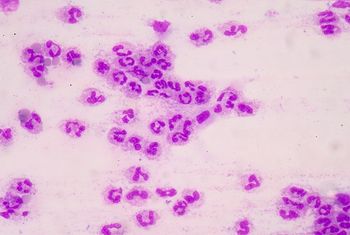
A recent study found that a sepsis care bundle program implemented in The Mount Sinai Hospital in New York coincided with an increase in antibiotic prescriptions and higher rates of Clostridium difficile infections.

Prolonged antibiotic use opens the door to the development of antibiotic resistance, superinfections, and the risk of Clostridium difficile infections.

The message for clinicians is to be vigilant. Look for candidemia and C. difficile infection occurring together.

Using combination antifungal therapy for invasive mold diseases is still a grey area that remains to be supported by robust data and relies heavily on clinician assessment.
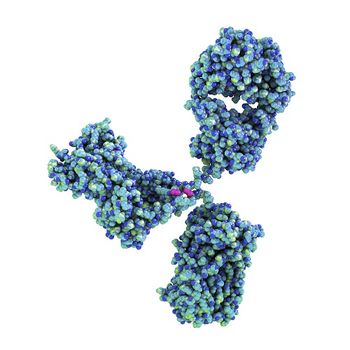
Thoughts leaders believe infectious disease treatment is in the middle of a sea change, moving from antibiotics to antibodies.

A recent study has shown that, compared with other antibiotics, tetracyclines may be associated with a reduced risk of Clostridium difficile infection (CDI).

Researchers found that the use of the treatment algorithm for staphylococcal bacteremia shortens therapy without compromising outcomes.
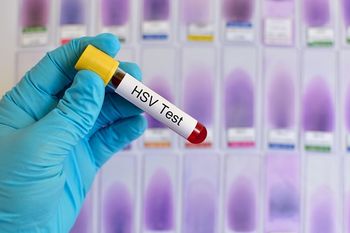
Having herpes simplex 2 puts individuals at greater risk of contracting HIV, and vice versa, largely due to increased genital ulceration and viral shedding.

Whether the oft-repeated pattern of initial drug success followed by increasing resistance plays out in the future for many drugs remains to be seen.

In case you missed them, we've compiled the top five infectious disease articles from this past week.

About 500,000 Americans fall ill from Clostridium difficile infections every year.

Dr. Maria Bye, an epidemiologist at the Minnesota Department of Health shares some unsettling news when it comes to C. difficile: dentists’ prescribing habits may be contributing to CDI incidence.

Candidemia is the most common healthcare-associated bloodstream infection in the United States, with an incidence of 5-15 per 100,000 persons.

The FDA approves the first test designed to detect Zika virus in blood donations.
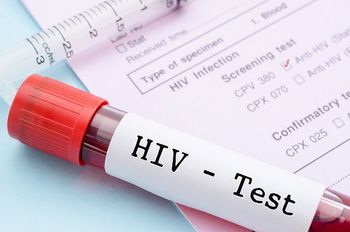
Investigators presented advances in basic and clinical research on infectious diseases and HIV in the past year at ID Week.

It is only a matter of time before the next infectious disease pandemic hits and healthcare officials need to be prepared.
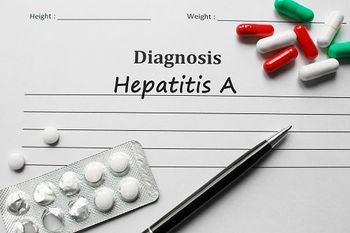
Dr. Monique Foster, CDC, and Dr. Eric McDonald, San Diego County Health and Human Services Agency, discuss the surprising return of hepatitis A virus as part of the Late Breakers I symposium.

A new antibiotic susceptibility testing device developed by scientists at the National Institute of Standards and Technology could offer doctors a faster way to prescribe the right antibiotic.

Will the HHS see a new face for secretary, or will a familiar standby fill in where Dr. Price left off?

The FDA recently issued a Compounding Risk Alert related to a rare, adverse event associated with compounded triamcinolone, moxifloxacin, and vancomycin: potential blindness.
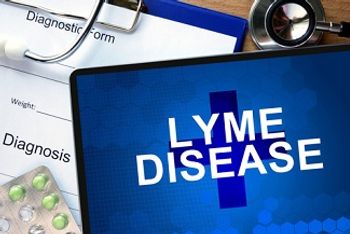
With Lyme disease incidence in the United Kingdom on the rise in recent decades, a new report from the National Institute for Health and Care Excellence aims to help doctors spot cases of the tick-borne disease.

News about the Zika virus dominated our top articles for the month of September 2017. Did you read them all?

A new study finds that certified nursing assistants working in long-term care facilities are not changing their gloves as often as they should, running the risk of spreading infection.

Experts debate the use of cephalosporins in patients who are allergic to penicillins who have not undergone a prior allergy evaluation.

As investigators learn a possible explanation for why the Zika virus causes such devastating effects, the CDC has deactivated their emergency operations center for the infection.

The results of a 5-year study show that coffee drinking can cut down the risk of all-cause mortality in patients with HIV and hepatitis C virus (HCV) infections.

Investigators describe the current state of identification and management of fungal diseases, and discuss potential approaches for improving their recognition and treatment

New data reveal that when pregnant women receive the Tdap vaccine during pregnancy, it can prevent whooping cough in about 78% of newborns; however, only about 50% of pregnant women receive the vaccine.